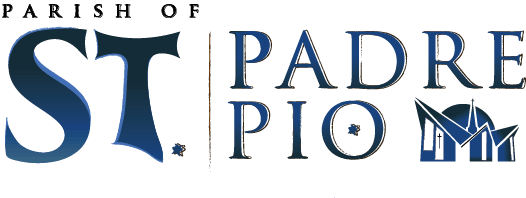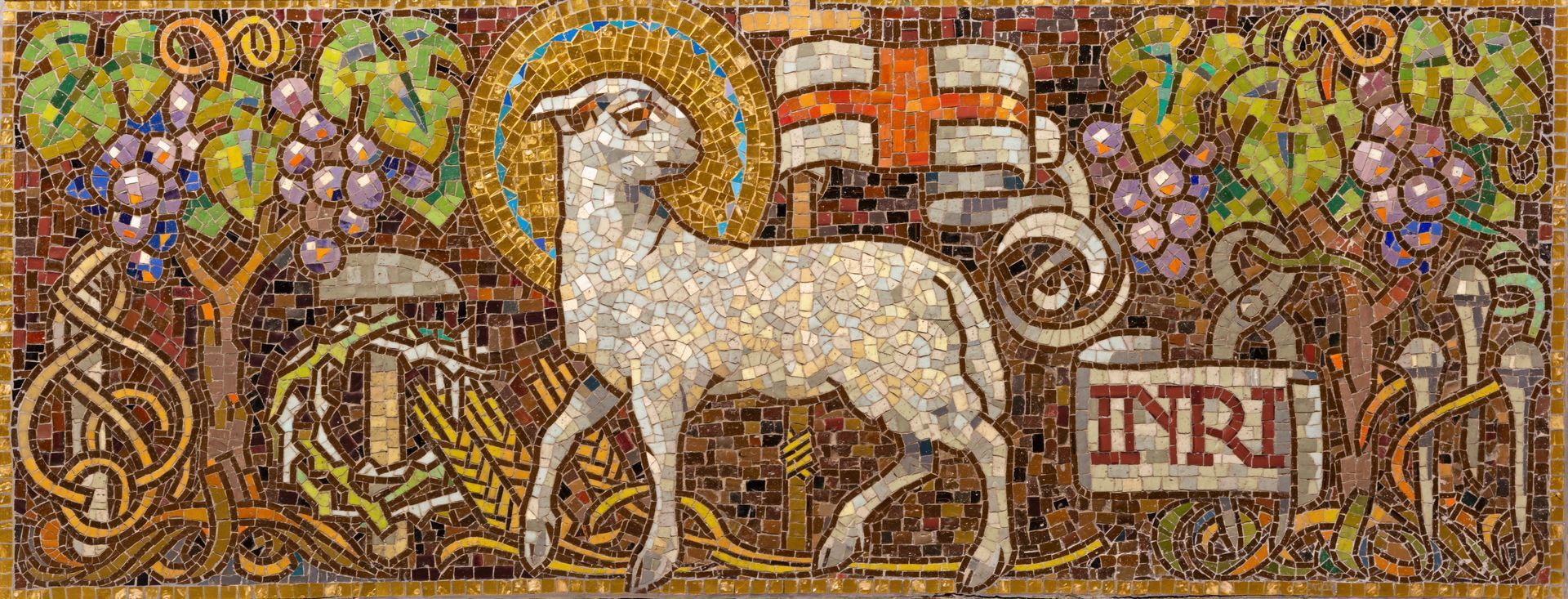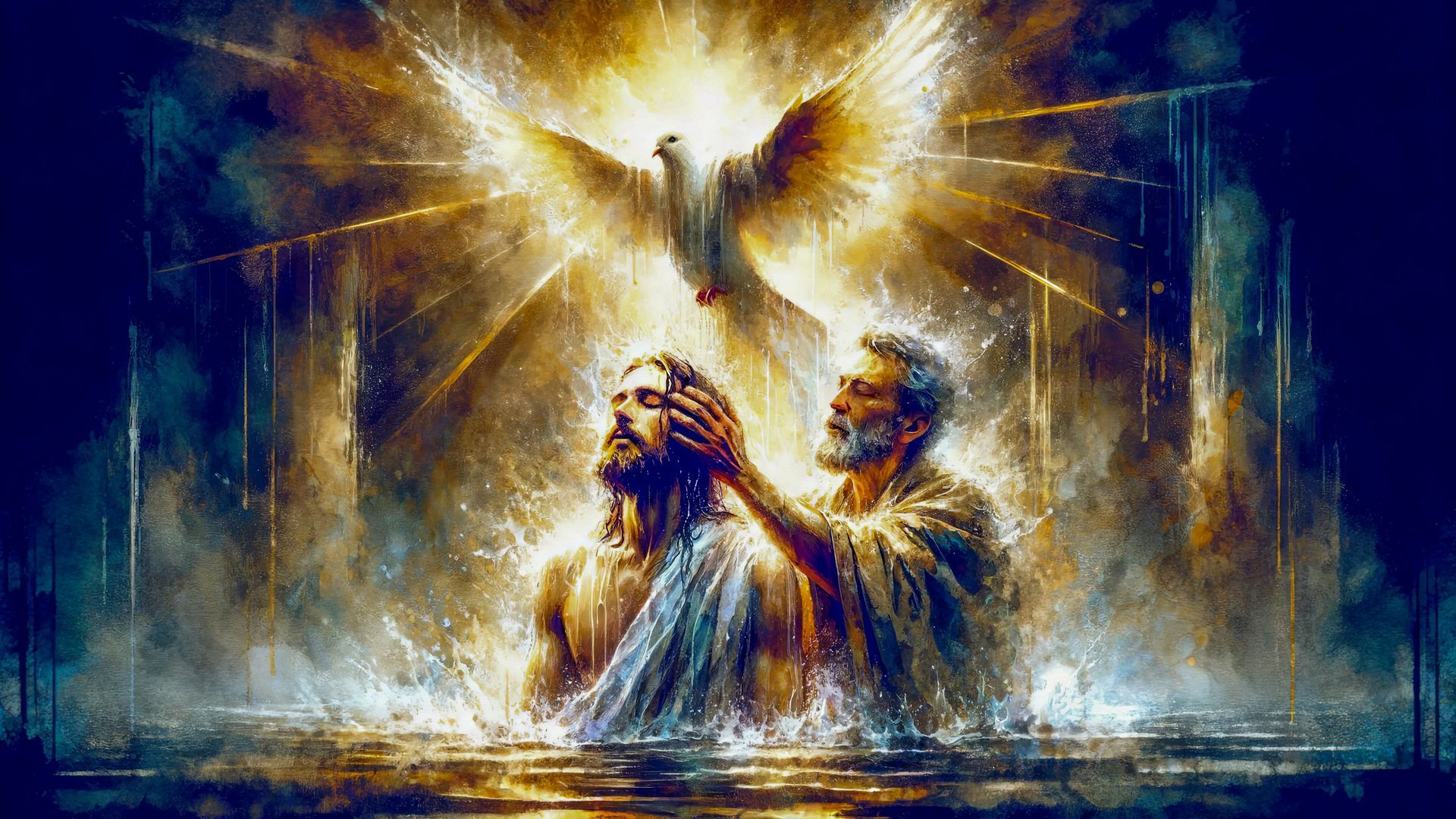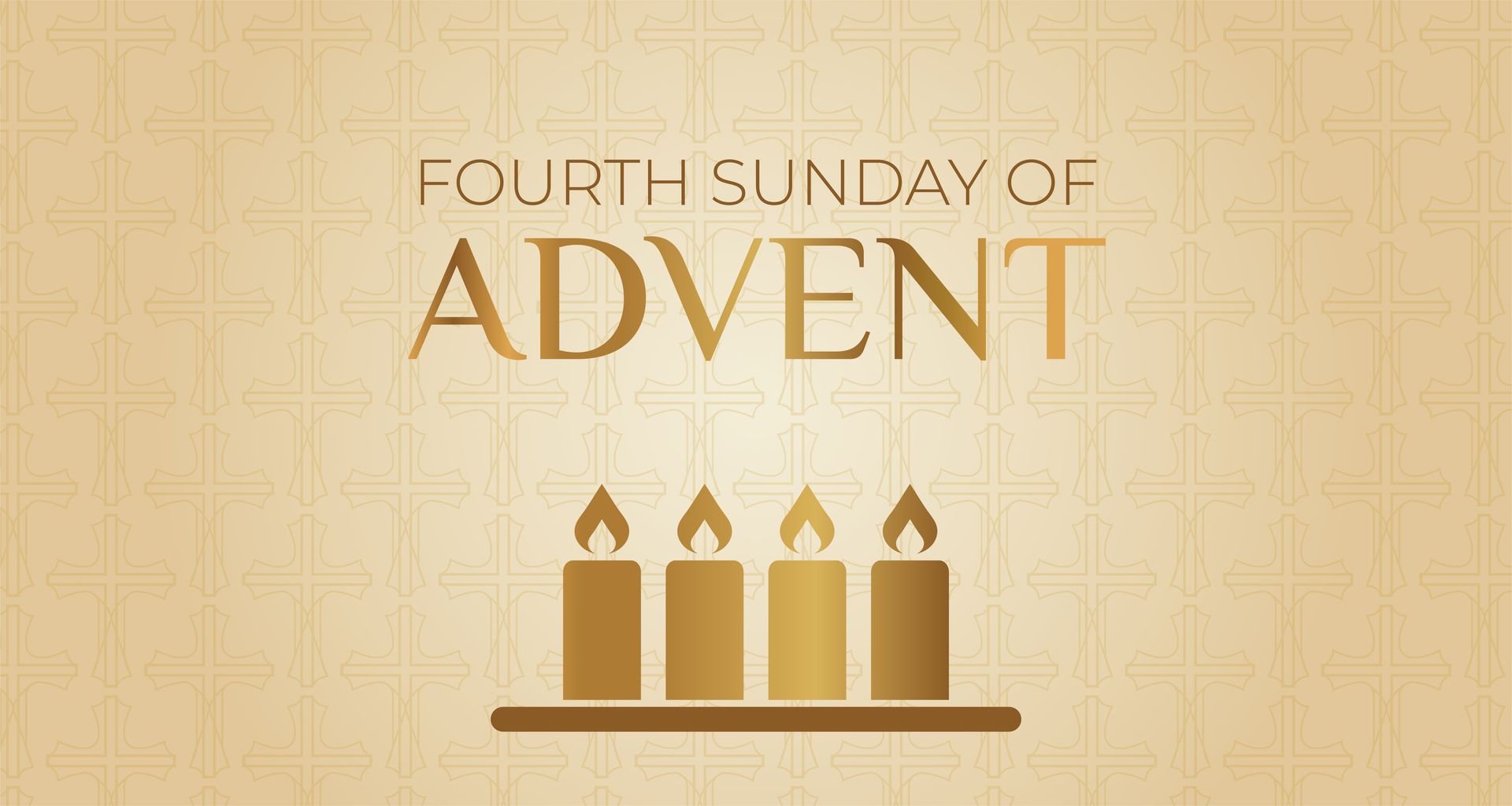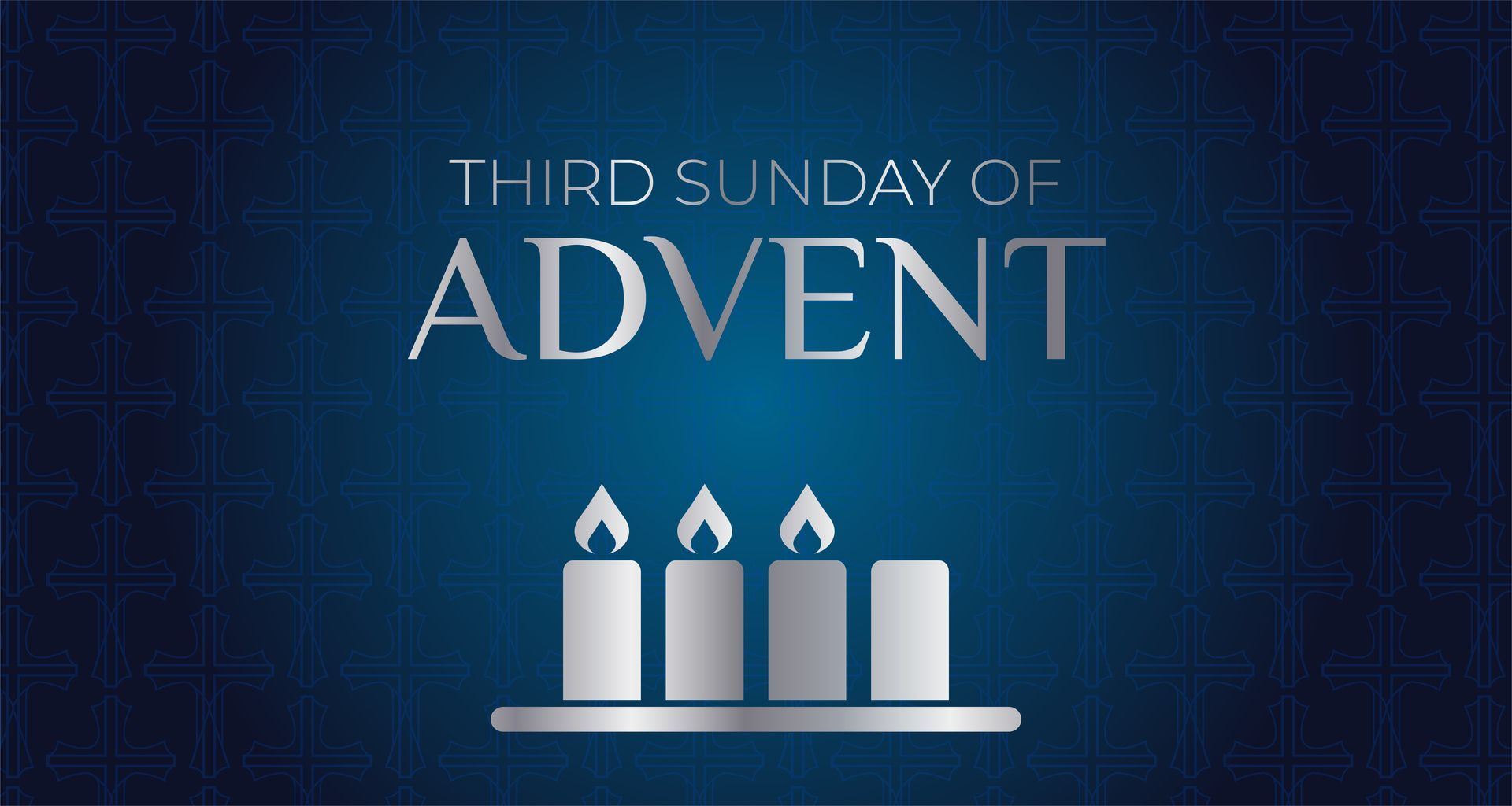With Opened Bible
The First Day

“On the frst day of the week, Mary of Magdala came to the tomb early in the morning, while it was still dark, and saw the stone removed from the tomb.” (John 20:1)
The first day? Why did Saint John place so much emphasis on the first day? First, we must remember that Jesus died on the Preparation Day for the Sabbath, called "Parasceve." (John 19:31). This “Parasceve” corresponds to our Friday.
That reality leads us to conclude that on the following day, the Sabbath (or our Saturday), Jews rest according to the Law of Moses. However, it was on this first day, the day after the Sabbath, that the Resurrection took place, signifying a new beginning and a new covenant. This is the theological significance of the first day in Christian tradition (Cf. John 19:1).
Considering these biblical considerations, we conclude that the first day of the Jewish week corresponds to our Sunday, the Day of Resurrection. Among the Jews, the days of the week had no names except for Friday (Parasceve) and Saturday (the Sabbath). But for Westerners—and more specifcally, the Romans, the days of the week bore the names of the deites they worshipped on that day. For example, Monday was Moon-day, Tuesday was the day of Mars (god of war), Wednesday was the day of Mercury (god of travel), Thursday was the day of Jupiter (god and king of Olympus), Friday was the day of Venus, the goddess of sensual love, and finally, Saturday was the day of Saturn, god of licentiousness and pleasure. However, the first Roman day was dedicated to the Sun (Sunday).
Let's return to the Jews. They didn't have names for all the days of the week. Since the first Christians (especially the apostles) were Jews, they gave the day of the resurrection the name Dies Domini (Lord's Day in French). This continuity with our Jewish roots is a testament to the unbroken thread of faith that runs through our history. In English and German, this day remains under the weight of the Roman pagan week (Sunday or Sontag). On this first day, the day of the resurrection, Jesus appeared alive and glorified. He conquered death. He is henceforth the Lord. Saint Paul sang of this mystery in his Epistle to the Romans: "If you confess with your mouth that Jesus is Lord and believe in your heart that God raised him from the dead, you will be saved." (Romans 10:9) This is the Day that David proclaimed without seeing it. It is this day that the entre Church celebrates at Easter with joy and jubilaton: "This is the day the LORD has made; let us rejoice in it and be glad." (Psalm 118:24)



